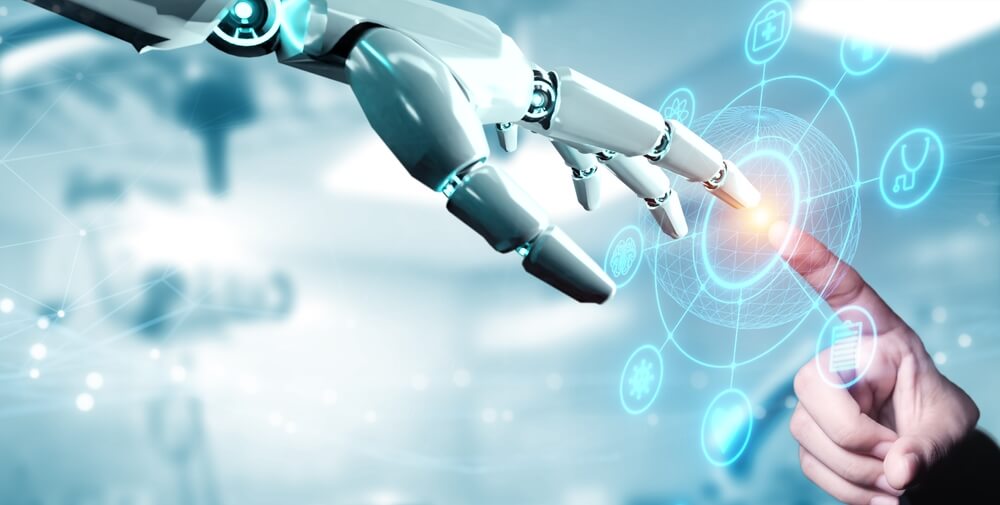

As the legal landscape continues to evolve, the integration of artificial intelligence (AI) into various facets of the legal field has become both a topic of fascination and concern. Particularly in commercial litigation, where the stakes are high and the complexities abound, the role of AI is being increasingly scrutinized. In the UK, this scrutiny has intensified with discussions revolving around whether AI is indeed the future of commercial litigation or if its integration presents more challenges than solutions.
Recent events, such as the case involving Steven Schwartz in the USA, have underscored the potential pitfalls of relying solely on AI in legal practice. Mr Schwartz, seeking precedents for a personal injury case against an airline, utilized AI, specifically ChatGPT, to conduct research. However, the AI system provided him with fictional cases, unbeknown to Schwartz, who subsequently submitted these fictitious precedents as real evidence. This occurrence is a phenomenon termed “hallucinating” where AI generates fictional information as real, raising serious ethical and legal concerns for any legal AI optimist. This filing resulted in a hearing into the lawyers conduct ultimately leading to Mr Schwartz, fellow lawyer Peter LoDuca and his firm Levidow & Oberman each being fined $5,000 each.
In 2021 the Law Society released a report titled “Future Worlds 2050: Images of the Future Worlds Facing the Legal Profession 2020-2030” which presents a sobering perspective. The report forecasts a significant reduction in jobs within the legal profession due to the widespread adoption of AI. This report highlights that should legal professionals not consider how this technology can be integrated into their work, then they could be amongst those left behind by this innovation. This could also raise concerns about the displacement of legal professionals and the potential erosion of expertise and judgment in legal practice should solicitors and barristers fail to adapt fast enough to this technology.
Whilst Mr Schwartz’s case and this report serve as a cautionary tale, they also highlight the capabilities and limitations of AI in the legal realm. AI technologies can indeed be invaluable tools for tasks such as document review for disclosure requirements, drafting legal templates, and identifying potentially relevant legal precedents. These technologies have the capacity to streamline processes, enhance efficiency, and reduce the burden on legal professionals, as well as improving accuracy.
In the realm of commercial litigation, where nuanced interpretation of the law and strategic decision-making are paramount, the role of AI is likely to be significant. While AI can assist lawyers undertake their work particularly with large repetitive tasks such as disclosure, highlighting potentially critical information hidden underneath thousands of irrelevant documents, it cannot replace the expertise and discernment required to understand why such information is critical and how best to build a legal case with such information. Human judgment, ethical considerations, and contextual understanding are indispensable components of effective legal representation, which are unlikely to be replaced by AI.
Moreover, the risk of AI-generated hallucinations underscores the importance of human oversight and accountability. Legal professionals must remain vigilant in verifying the accuracy and authenticity of AI-generated information. Final checks and balances are essential to prevent potentially catastrophic legal consequences arising from erroneous or misleading AI outputs. This role of trust and responsibility cannot be replaced by AI and will likely continue to be a central part of a solicitor’s or barrister’s work. AI undoubtedly holds promise as a valuable tool in UK commercial litigation. Its ability to streamline processes, enhance efficiency, and provide insights can augment the capabilities of legal professionals. However, the reliance on AI must be tempered with caution, recognizing its limitations and potential pitfalls. Skilled professionals will continue to play a pivotal role in applying the law to the facts of the matter, exercising judgment, and ensuring the integrity of legal proceedings. Ultimately, the future of commercial litigation in the UK will be shaped by a symbiotic relationship between AI technology and human expertise, with both working in tandem to deliver justice effectively and ethically. While the present commercial field, still relies on effective and nuanced application of the law by a professional, to provide the best legal outcome for one’s commercial interest.
Disclaimer: The information on the TV Edwards website is for general information only and reflects the position at the date of publication.







